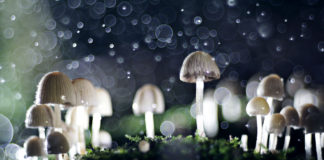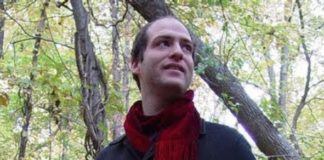Tag: psychedelics as medicine
Robert Whitaker Answers Reader Questions on Pharma Marketing and Psychiatric Drugs
In Part 2 of our reader Q&A podcast, MIA founder Robert Whitaker answers questions on pharmaceutical marketing and issues with psychiatric treatments including psychiatric drugs and electroconvulsive therapy.
How Psilocybin-Assisted Therapy Changed My Life
I don’t drink or smoke. I’ve never taken any drugs till four years ago. Yet today, my life revolves around psychedelic medicines—heavily stigmatized substances still illegal in this country and most others across the world. How did this happen?
Psychiatry, Capitalism, and the Recuperation of Psychedelics
For a psychiatrist trained to conceptualize within the medical model, psychedelics will at worst be a novel pharmacotherapy altering broken neural pathways, and at best remain an intervention targeting a multidimensional “mental illness” rather than a communion with the magical yet essential dimension of the human experience.
Can Psychedelics Prevent Suicide?
From Big Think: "One commonality among those contemplating suicide is a lack of meaning in life. Someone doesn’t care about them, the world doesn’t...
The Promise of LSD Microdoses and Other Psychedelics
In this interview for Scientific American, psychiatrist John Halpern discusses some of the potentially therapeutic effects of peyote, ayahuasca, psilocybin, MDMA and other psychedelics.
"Once when...
‘Enough is Enough’ Series: LSD Reconsidered
Biochemical psychiatry is now moving in an unfortunate, potentially dangerous, yet predictable direction. It has run out of new drugs to try, so it's turning to psychedelic drugs, suggesting that they hold promise in the treatment of substance use 'disorders.'
The Psychedelic Miracle
From Rolling Stone Magazine: Both the underground practice of and aboveground research on the use of psychedelic drugs to heal PTSD, as well as depression, anxiety,...
Psychosis for Mental Health?
What if we took individuals who are experiencing emotional crises called 'psychosis' and offered them safe spaces of respite? Similar to the psychedelic trip, environment, supportive relationships, and interpretation of experience appear key to whether the experience of psychosis is transformative or destructive.
















